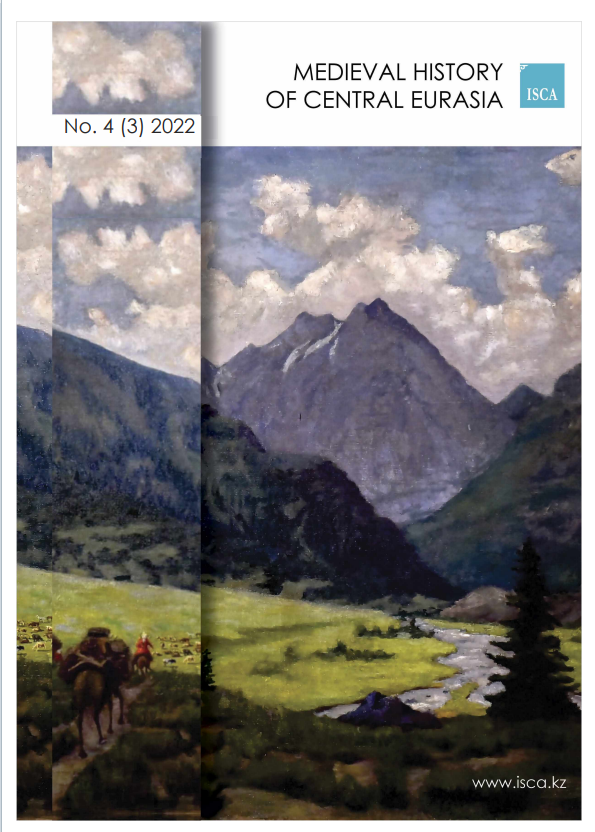CONTINUITY OF TRADITIONS IN THE SPIRITUAL CULTURE OF THE TURKICPEOPLES(ACCORDING TO "SHAJARA-I-TARAKIME")
Abstract
The study of the foundations of the existence of the Turkic tribes, especially their characteristic properties of the organization of space, the true needs of individual existence and development, large-scale migration flows turned out to be important in understanding the space of Eurasia from the point of view of cultural and historical integrity. The social consequences of the world order on the territory of Eurasia at that time led to the merger of the centers of different civilizations. Speaking about the interrelationship of civilization in the Eurasian space, it is important to note the significance of integration in the social, geo-historical factors of the Turkic peoples. The phenomenon of interaction, which has developed over thousands of years, is still the main topic of many scientific studies.
The historical ties of the Turkic peoples go back to ancient times, developed widely in the Middle Ages and subsequent times. Throughout the Middle Ages, waves of people of Turkic descent came to the lands that were once part of the Western empire. These tribes preserved a long history, traditions and skills on their way to their new homeland. They not only settled in new lands, but also developed their culture, customs and skills in continuity with the surrounding world.
This article is devoted to the study of the relationship of traditions in the spiritual culture of the Turkic peoples. The important aspects of the formation of the ideological foundations of the Turkic-speaking peoples are discussed. Today, it is relevant to consider the problem of studying the ethnic identity of early Turkic tribes in continuity with the study of medieval ethnopolitical processes. The study of these historical events makes it possible to identify the historical prerequisites for the beginning of economic, social, cultural, and political interaction of the Turkic peoples.


